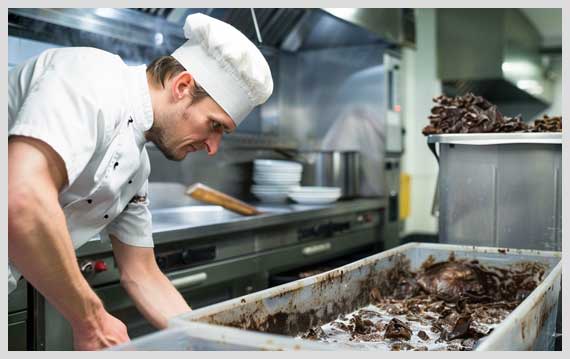Total Grease Management
Professional drainage to the commercial sector!
Fat, Oil & Grease Management
What We Do
KD Drainage and Asbestos offer our customers a complete grease management service. The management of fat, oil, and grease (FOG) is a critical operation that requires specialist knowledge and expertise.
A pipe blockage can cause enormous damage and expense, especially if you work in the catering business where time is money. Your legal responsibility further emphasises the importance of keeping your drains fully maintained.
KD Drainage and Asbestos has the experience and dedication to solve all your grease-related problems. We have produced our own range of grease traps, recovery & dosing units, enzymes, and filter traps, suitable for all types of commercial kitchens.
Our dedicated staff have built an excellent reputation in the field of professional drainage services for commerce and industry. We have the capacity to maintain all products we install and offer a free grease compliance survey to identify any problems your kitchen could potentially face.
We know our business and fully understand the technological and legislative requirements that drive the industry. We remain at the forefront of technical advances and are keen supporters of environmental health. Our team is pleased to assist with any inquiries you may have regarding grease management.
For more info about fat, oil and grease management, call 01622 919012.
Services include:
- Servicing all makes and models
- Repairing all makes and models
- Installing all makes and models
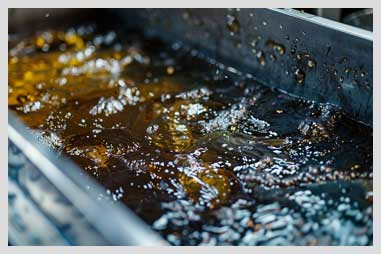
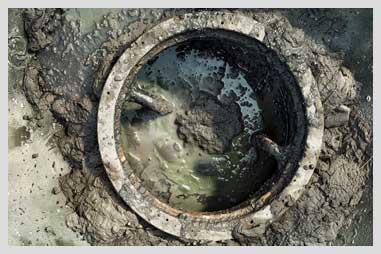
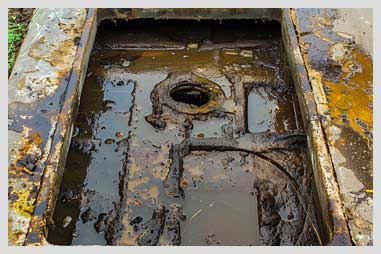
How Poor Fat, Oil & Grease Management Impacts Business
Follow our advice to effectively manage fats, oils, grease, and leftover food to ensure your business remains free from blockages. Properly managing your kitchen waste can prevent blockages and avoid sewer flooding, which would otherwise pose a risk to your business.
Common problems we’ve encountered with businesses include:
- Forced closures while blockages are cleared.
- Loss of sales due to a tarnished reputation among customers.
- Fines or prosecution under Section 111 of The Water Industry Act 1991.
Did you know?
Local authorities attend 85,000 blockages every year, with the majority caused by improper waste disposal into sinks and drains.
Want to know more? Contact our team today!
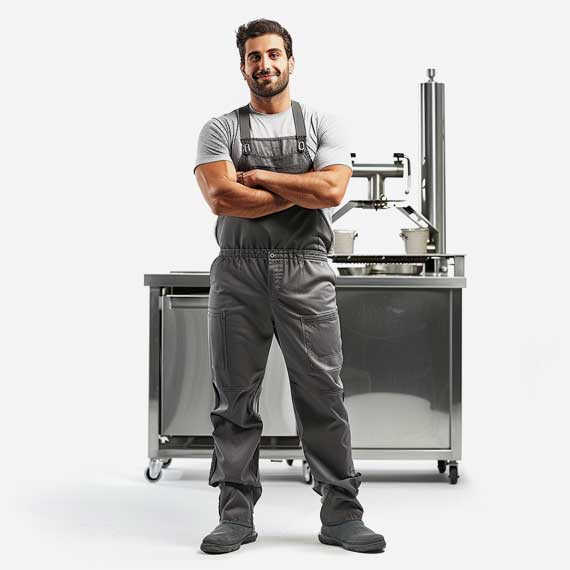
Legal Requirements for the Safe Disposal of FOG (Fats, Oils & Grease)
Building Act 1984
Section 59 of the Building Act 1984 allows local authorities to mandate adequate drainage systems for buildings through formal notices served to property owners. This requirement may include the installation of grease traps where deemed necessary.
Animal-By-Products Regulations EC 1774/2002 (ABPR)
Under the Animal By-Products Regulations EC 1774/2002 (ABPR), effective November 1st, 2004, the use of waste cooking oil from catering establishments as animal feed is prohibited to uphold the integrity of the food chain. Therefore, waste cooking oil must be collected by a licensed waste carrier.
Building Regulations, Part H 2002
In compliance with Building Regulations Part H 2002, drainage systems in commercial kitchens, especially those handling hot food, are advised to incorporate grease separators that conform to standards outlined in BS EN 1825-1:2004 and are designed according to BS EN 1825-2:2002. Alternatively, they must employ other effective methods of grease management.
The Water Industry Act 1991
Under section 111 of The Water Industry Act 1991, it is a criminal offence to discharge anything into public sewers that could obstruct the free flow of wastewater. If a water company identifies improper substances being disposed of into the drain, they have the authority to pursue legal proceedings against the individual responsible. In the event of prosecution, the consequences may include substantial fines or imprisonment.
Food Safety Act 1990
Local authorities are authorised to inspect premises under the Food Safety Act 1990. Drainage issues caused by fats, oils, and grease, leading to non-compliance with the Food Hygiene Regulations, could result in prosecution or the imposition of an emergency prohibition order. Such actions could disrupt trading activities at the affected premises.
Environmental Protection Act 1990
1. Duty of Care Regulations 1991
All businesses involved in the collection and removal of waste, including cooking oils and fat, must comply with the requirements of Section 34 of The Environmental Protection Act 1990 and The Environmental Protection Act (Duty of Care) Regulations 1991, as amended. The Duty of Care Regulations aim to ensure that all waste is managed correctly from its production to its final disposal.
According to these regulations, the producer of the waste must ensure that the collector is licensed by the Environment Agency and keep records of all collections. Local Environmental Health Officers have the authority to issue 'Statutory Notices,' requiring the submission of all documents related to the removal of trade waste. Failure to comply with these regulations could result in fines of up to £5,000.
2. Statutory Nuisance
The Environmental Health department of the Local Authority is responsible for addressing complaints of 'statutory nuisance,' which may include issues such as odours, effluents, and the build-up of waste. Under Section 79 of the Environmental Protection Act 1990, they have the authority to impose restrictions or even suspend business operations if deemed necessary.
Call in the experts on 01622 919012 to fully manage your fats, oils & grease.
How Do FOGS Affect the Local Sewer Systems?
With the rise in the number of restaurants, hotels, and pubs, the amount of FOGs being discharged directly into drains and sewers has increased.
As these substances cool, they solidify and stick to the inside of waste pipes. Over time, this build-up can partially or completely obstruct the pipes, resulting in sewage water backing up and flooding your business.
How Businesses Can Prevent Fat, Oils & Grease (FOG) Build-Up
Train Employees
It’s vital that all employees understand how to correctly dispose of kitchen waste. Training your staff on the importance of proper disposal methods can help prevent blockages in your pipes. Following our advice is a great start, but ensuring everyone adheres to it is even better! Placing reminders around your workplace, such as our posters and stickers, can make a real difference.
Keep Sinks Clear
Ensure your employees scrape leftovers into a bin and wipe plates, pans, and utensils with kitchen roll before washing them. Providing strainers in plug holes is also a smart move, as they will catch small bits of leftover food. These strainers are available from most professional kitchen equipment suppliers.
Purchase Grease Separators
Grease separators are placed in drain pipes to separate fats, oils, and greases from wastewater. The waste stays in the separator and must be cleaned and collected frequently. The separated waste should then be retrieved by a licensed waste contractor.
Install Grease Recovery Units
A Grease Removal Unit (GRU) can be installed on kitchen appliances such as sinks, combination ovens, and dishwashers. They extract the fats, oils, and grease from the waste water and transfer this into a separate container ready for disposal. It's vital to empty these containers daily, so make sure to incorporate this task into your regular cleaning routine.

